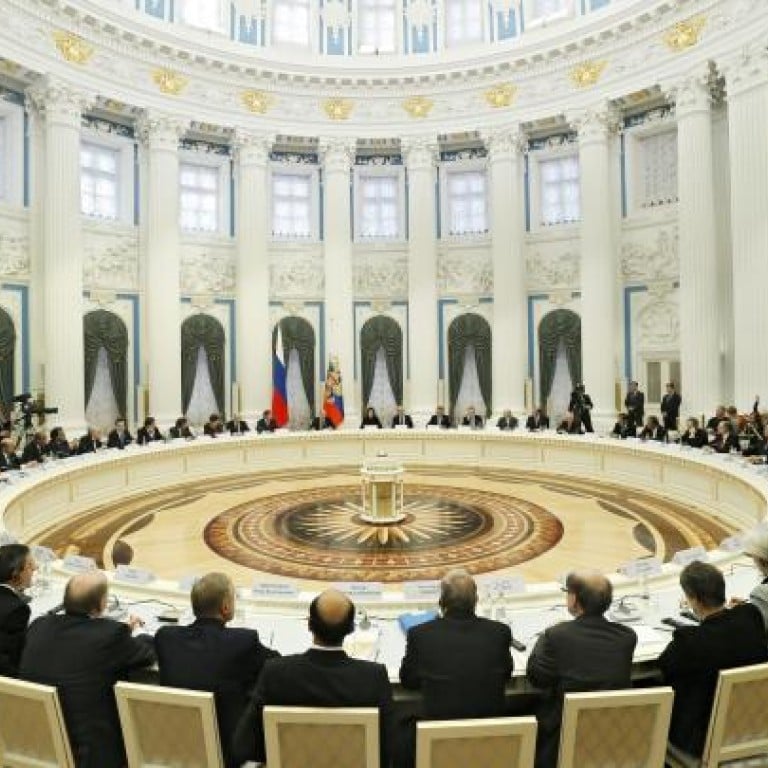
Can the BRICS break through the global gridlock?
Donald Gasper urges unity to further G20 agenda for multipolar world
David Held, the well-known British academic, gave a lecture in Hong Kong last week, titled "Gridlock: Why global co-operation is failing when we need it most".
Held pointed out that radical reforms of institutions tend to come in the wake of wars, as was the case after the second world war with the creation of the United Nations and the Bretton Woods financial architecture - the International Monetary Fund, the World Bank and the General Agreement on Tariffs and Trade, the predecessor of today's World Trade Organisation.
But severe financial crises can also be a catalyst for institutional change. The meltdown of 2008 to 2009 seemed to be such an opportunity.
This was why the G20 group was formed to take over from the G7 and the G8, which were essentially rich men's clubs. It brought together the political leaders and central bankers of 20 of the world's most important economies, including, for the first time, China and other large emerging countries. Promises were also made for changes to organisations like the IMF to better reflect the economic importance of these countries.
Unfortunately, Held noted, no sooner was there a slight easing of the crisis than vested interests emerged to block change. This resulted in a situation of gridlock.
Surprisingly, he made no reference to the potential role of the BRICS countries in resolving the deadlock. This geographically and culturally diverse grouping, which is currently meeting for a summit in Durban, South Africa, vividly symbolises the ongoing transition from a unipolar to a multipolar world order.
Significantly, all of the BRICS countries are now members of the G20, with Russia the current chair of the 20-strong body. The G20 summit in St Petersburg in September promises to be the most spectacular top-level gathering of its kind. Could BRICS provide the momentum to overcome foot-dragging by certain developed countries? It depends on whether its members can hammer out a common strategy in Durban.
More close interaction between BRICS member states could contribute to the G20 emerging as a strategically important instrument not only in crisis management but also for the long-term reform of the international economic architecture.
As priorities, Russia has suggested promoting socio-economic growth and creating more jobs in all countries, increasing investment in various industries and reducing the debt burden of many countries, building up confidence and ensuring market transparency, as well as forming efficient mechanisms of macroeconomic adjustment. These targets would contribute to overcoming the fallout from the financial crisis and reforming economic structures.
If these ambitious goals proposed for the G20 agenda could be attained - stabilising prices of raw materials and ensuring energy and food security - China would get a good chance to launch a new cycle of growth, which would get the world economy going again.
Managing debt problems cannot be viewed apart from the overall situation. Efforts must be made to prevent debt crises in the future and ensure the efficient use of the capital raised. If such measures were implemented, the forthcoming G20 summit could also help developed countries - by allowing them to lower their targeted budget deficits and the size of their state debt.
Could all this help a breakthrough in the democratisation of international relations and the construction of a new multipolar world order?

